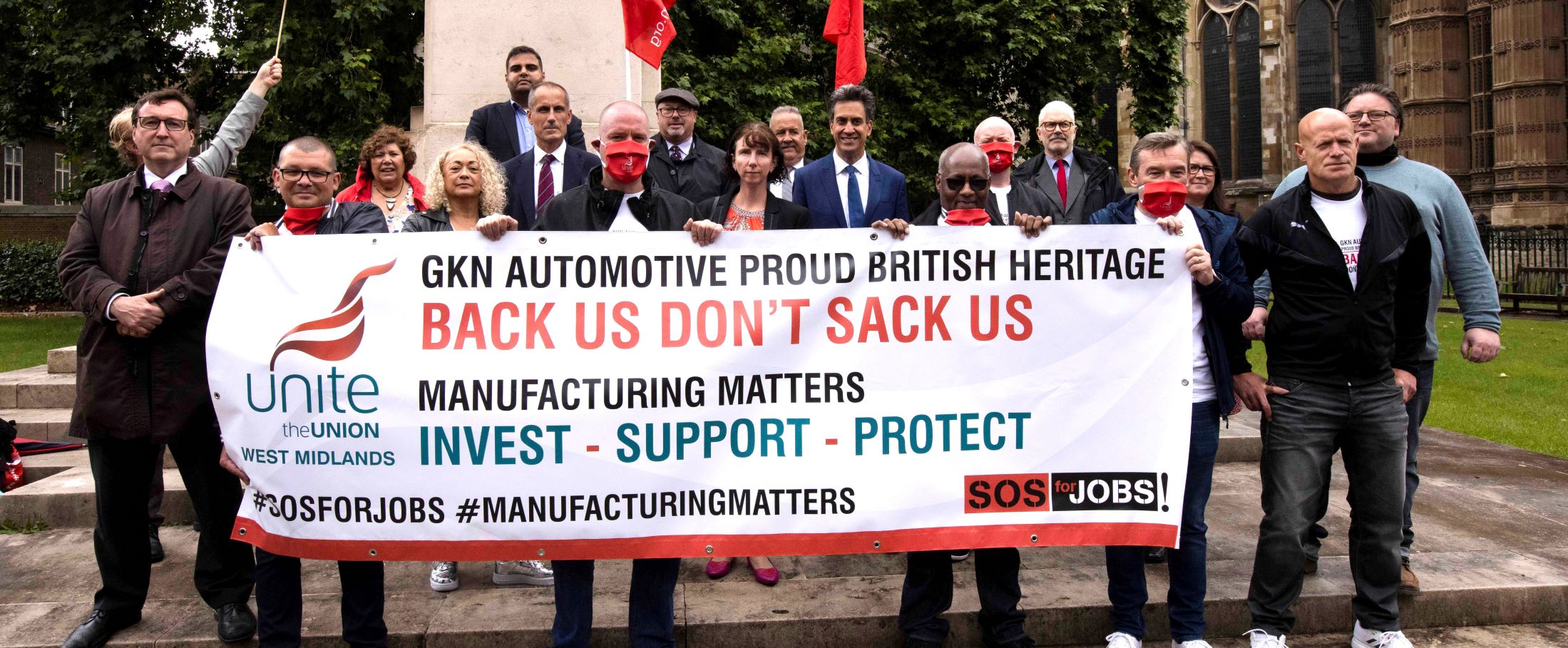Dark day for Northern Ireland’s economy
Yesterday’s (25 September) announcement that bus manufacturer Wrightbus has entered administration was devastating for its 1,300 workers and another dark day for Northern Ireland’s at risk economy.
It is the third major employer in the town of Ballymena, where Wrightbus is based, to go under in recent years.
In 2014, JTI Gallaher closed its Ballymena factory with the lost of 870 jobs, while in 2018 the town’s Michelin factory shut taking a further 820 jobs. Earlier this month 86 more Ballymena jobs went at the Blackbourne engineering firm.
The population of Ballymena is around 30,000, meaning that if Wrightbus cannot be saved, 10 per cent of the area’s jobs will have gone in recent years – more if jobs in the supply chain, with 1,700 estimated to be risk from the Wrightbus closure alone, are counted.
“Ballymena’s economy’s gone. Ballymena and the surrounding areas are finished,” said one distraught worker outside of the Wrightbus factory yesterday.
Responding to the closure, which occurred due to cash flow problems and a prospective buyer pulling out, Unite regional secretary Jackie Pollock called on the government to nationalise Wrightbus.
He said, “Prime Minister Boris Johnson has made great play about how he stands strong for British industry.
“He must now intervene to safeguard these workers’ jobs and skills and a future for Ballymena by nationalising this business – there’s no EU state aid rules that could prevent it.”
Harland and Wolff
Similar calls are being made to safeguard the future of Belfast’s Harland and Wolff shipyard, where workers have been staging an occupation since the firm went into administration in July.
Although the future of the yard looks positive, the best option would be for the government to nationalise Harland and Wolff until a buyer is found and ensure the UK retains the vital ability to build its own ships.
Harland and Wolff senior shop steward Joe Passmore said, “State ownership of the yard would guarantee the facilities were in good shape and ready to play our part in the UK shipbuilding master plan.”
Worryingly another giant of Northern Irish industry, aerospace firm Bombardier, put its operations up for sale in May, leaving its 3,600 workers unsure for the future.
Nor is manufacturing the only sector of the Northern Irish economy to face mounting uncertainty.
The latest analysis from the Northern Ireland Department for Economy, published in July 2019, projects that a no-deal Brexit would result in at least 40,000 job losses across the economy.
The estimate does not including agricultural job losses, financial services or tourism – meaning job losses could be far higher.
Brexit uncertainty has led Moy Park, Northern Ireland’s biggest employer with 8,000 staff, to attempt to shield itself from any damage by moving its headquarters and research and development departments across the border to the Republic of Ireland.
Unite regional secretary Jackie Pollock said, “It is impossible to fully quantify or assess the potential impact of a no deal Brexit to Unite members in Northern Ireland. Our economy is the most exposed to potential dislocation and disruption arising from a failure to negotiate free and frictionless trade.
“A no-deal Brexit represents a grave threat to virtually every aspect of our economy and our society. It must be averted at all costs.”
 Like
Like Follow
Follow
